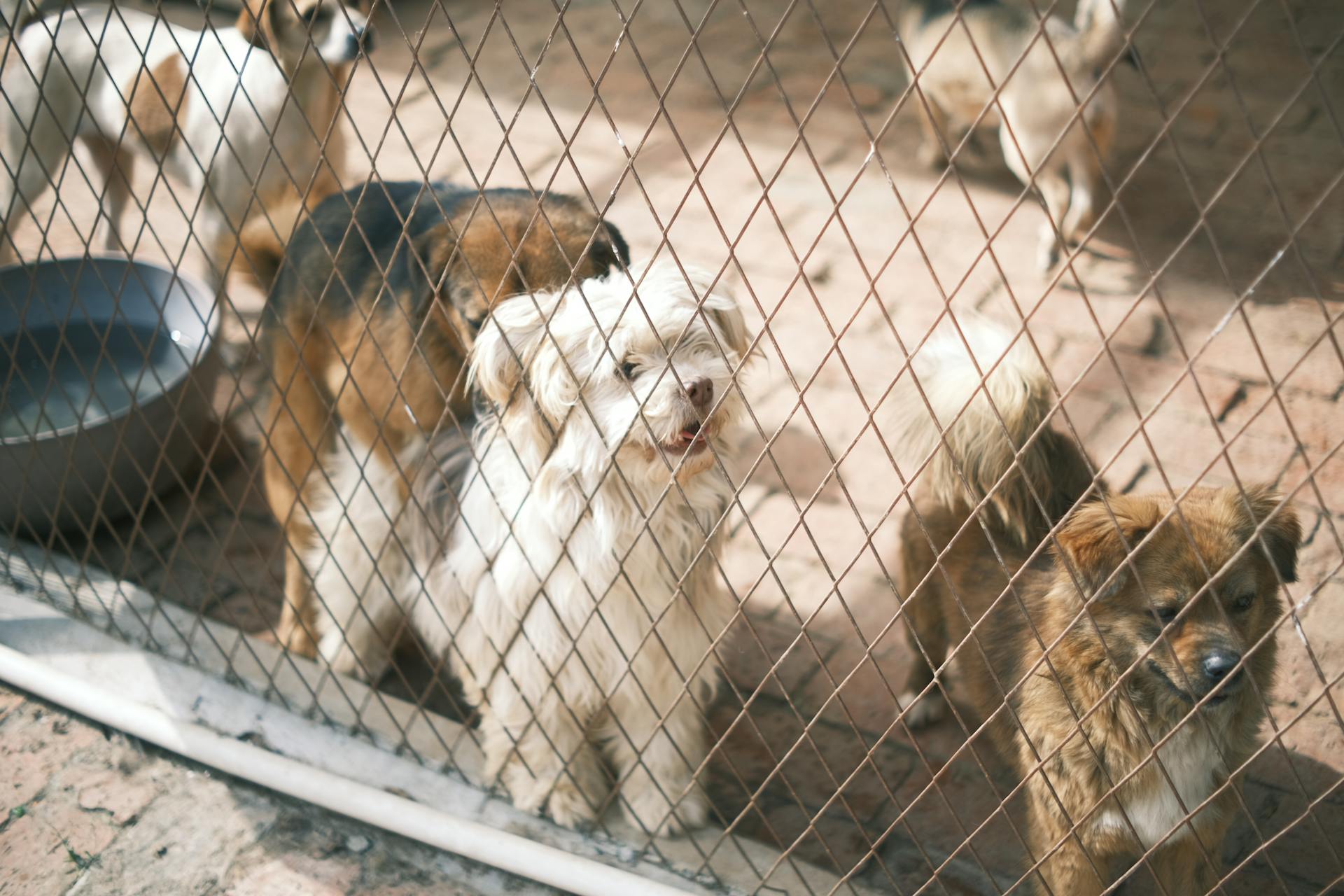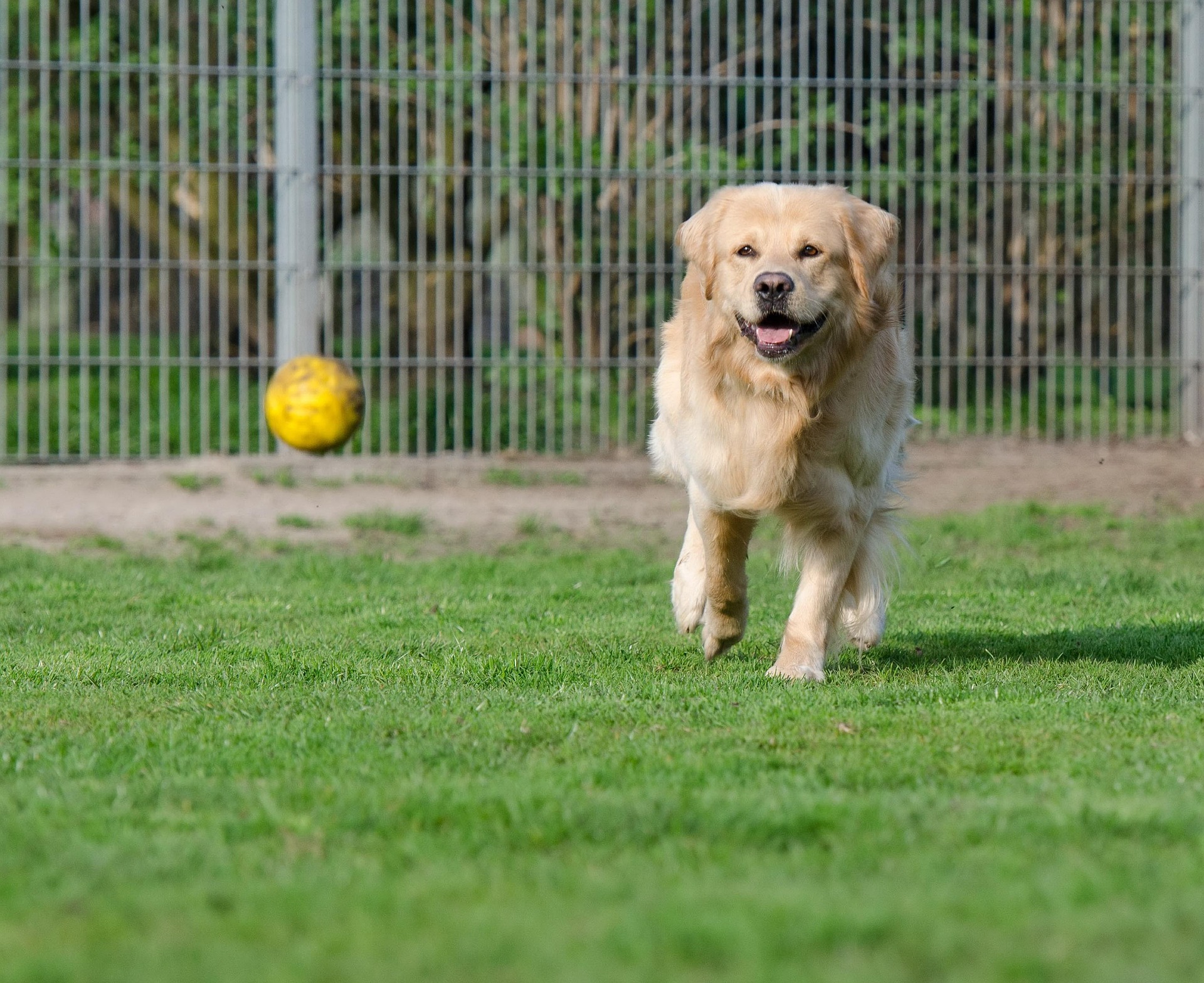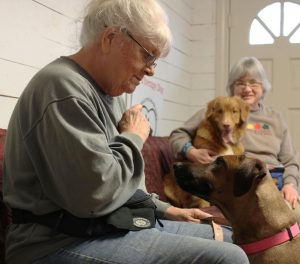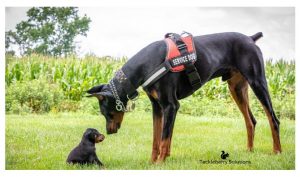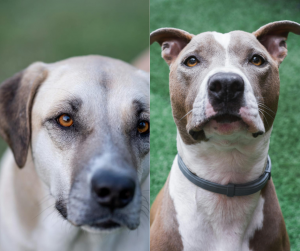Welcoming a rescue dog into your home is a journey of challenges and rewards. Whether you’re adopting from a shelter or exploring options like Mini bernedoodle puppies near me, understanding your new furry friend’s unique background becomes essential in facilitating a smooth transition. Many rescue dogs arrive with histories of neglect or trauma, making patience and empathy crucial tools in your arsenal.
Understanding Your Rescue Dog’s Anxieties
Recognizing Common Signs of Anxiety
When welcoming a rescue dog into your home, it is crucial to recognize that they may carry emotional scars from past experiences. These scars often manifest as various signs of anxiety. Rescue dogs may exhibit excessive barking, pacing, or restlessness as they process their new surroundings. Some dogs might show signs of fear or aggression, while others may withdraw and become unusually quiet. It’s important to remember that these behaviors are natural responses to stress and uncertainty.
Identifying Triggers
Each rescue dog is unique, and understanding their specific anxiety triggers can be invaluable in supporting their adaptation. Whether you’re helping a rescue settle in or researching mini bernedoodle puppies for sale, paying close attention to a dog’s reactions to different stimuli is essential. Loud noises, unfamiliar objects, or even certain people can induce fear or stress. On the other hand, isolation or changes in routine might exacerbate their anxiety. Observe your dog’s behavior, noting any patterns or situations that heighten their distress.
Building Trust and Security
Creating a secure environment is pivotal in alleviating your dog’s anxiety. Establish a consistent routine to help them gain a sense of predictability. A designated safe space with comforting items like blankets or toys can be their refuge when they feel overwhelmed. Building trust is a gradual process. Engage with your rescue dog in positive interactions, using gentle tones and rewarding calm behavior with treats or affection.
Understanding your rescue dog’s anxieties requires patience and empathy. By closely observing their behavior, identifying potential triggers, and fostering a stable environment, you can help them transition from a state of anxiety to one of comfort and adaptation in their forever home.
Creating a Safe and Comforting Environment
Establish a Private Sanctuary
When welcoming a rescue dog into your home, creating a space where your new companion can feel safe and secluded is essential. Consider setting up a quiet corner with a cozy bed, soft blankets, and favorite toys. This sanctuary acts as a retreat, allowing your dog to unwind away from the hustle and bustle of daily life. Be mindful of placing this haven in a low-traffic area, providing physical and emotional respite for your pet. Such spaces foster a sense of security, which is crucial for an anxious rescue dog.
Provide Consistent Routines
Like humans, dogs thrive on routine, as it adds predictability and structure to their day. From feeding times to walks and play sessions, maintaining consistency helps your rescue dog anticipate daily activities, reducing anxiety and promoting a sense of belonging. Consider creating a schedule that accommodates your lifestyle and your dog’s needs and diligently stick to it. Over time, these rituals will strengthen the bond between you and your pet, offering reassurance and stability.
Use Calming Signals
Incorporating calming signals into your interactions can significantly ease your rescue dog’s transition. Gentle touches, soft words, and relaxed body language can convey safety and trustworthiness. If your dog seems nervous, try playing soothing music or using white noise machines to mask unfamiliar sounds. Additionally, calming pheromone diffusers can offer further reassurance, creating an atmosphere conducive to relaxation. By consistently employing these strategies, you facilitate an environment where your dog can feel secure and loved, laying the groundwork for a happy and adapted life in their forever home.
Final Thoughts
As you transform an anxious rescue dog into a well-adapted family member, patience and understanding will be your greatest allies. Whether you’re rehabilitating a rescue or welcoming Mini bernedoodle puppies near me, providing a stable environment, consistent routines, and plenty of love lays the foundation for a trusting relationship that will enrich your lives. Celebrate small victories, and remember that every wag of the tail is a testament to your dedication and compassion.


